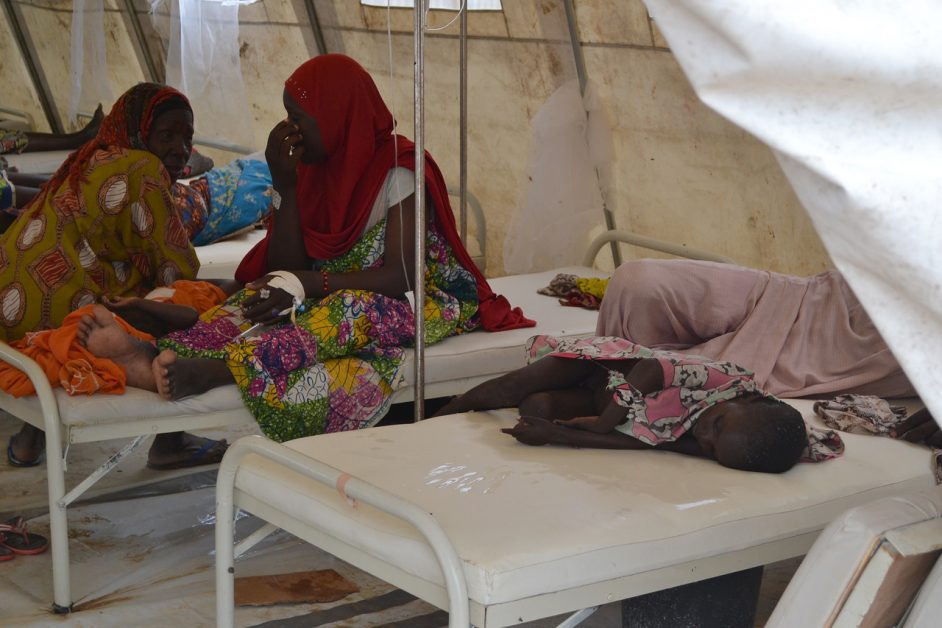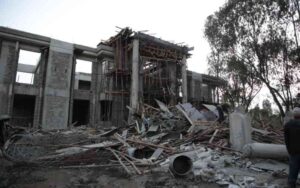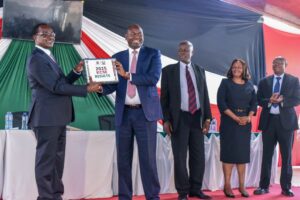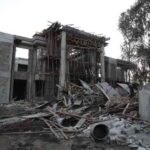Nigeria; The experienced flooding in Nigeria has shown a red light signal of the Cholera outbreak, hence killing at least 600 people and displacing many more.
The International Rescue Committee-IRC is simply scaling up possible responses such as sanitation, hygiene, and health programming in order to prevent the widely spread of cholera.
Giving measures, the International Rescue Committee has called upon more resources to help in areas affected.
“It is a hard time for Nigeria as floods take the largest percentage, this has never happened before in more. Where at least 13 government locations in Borno state are experiencing cholera outbreaks with more than 6,000 suspected cases and a 4-5% case fatality ratio’’, Nigeria Country Director at the IRC-Babatunde Anthony Ojei said.
On the other hand, the International Rescue Committee needs more pieces of equipment to scale up health capabilities for treating cholera.
Given the fact that having contributed less than 1 percent of the world’s global emissions, yet ranked in the bottom 20 percent of countries equipped to respond to the impacts of climate change.
Furthermore, Nigeria is increasingly bringing the brunt of a crisis it did not cause.
However, frequent flooding and droughts accompanied by a global economic crisis have led to increasing food insecurity whereby more than 1 million children in the northeast of Nigeria are expected to face hardships of food insecurity.
In addition, more rains are strategically expected in the coming months. Thus, the IRC calls for modern collaboration between Cameroon and Nigeria on excess water releases and appropriate mitigation plans for communities that are in the line of impact.
Also, a huge number of children and women may face death from preventable diseases, hence, the International Community should give in support to those in need of life-saving care in Nigeria.
Finally, the IRC has been working in Nigeria since 2012, providing lifesaving support to communities in Nigeria affected by natural disasters, armed conflict, and other poverty-related issues.
The International Rescue Committee operates eight field offices in the poverty-related country office in Abuja, the capital. Thus, the IRC works to help people recover and rebuild their lives by providing health, nutrition, water, sanitation, and hygiene also education services.
The information was first reported by Nigeria Abroad online.
About the Author
Lumbasio Holman
Contributor
Digital Copy Editor, Digital Content Writer, Digital Publishing, Creative Writer, Feature Writer, and Blogger.
















